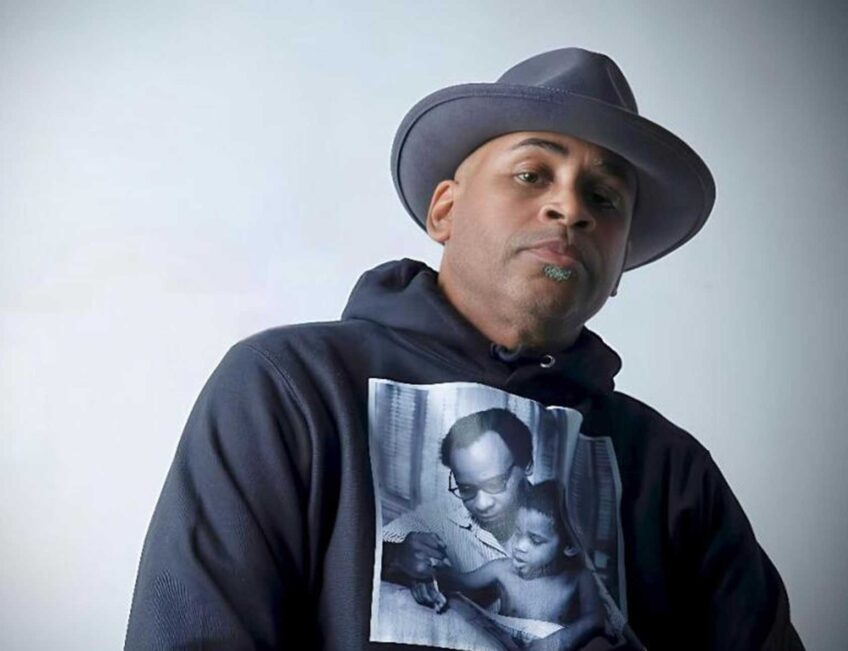New president-in-residence of B.U.’s African Presidential Archives and Research Center talks about democracy in the Middle East
Former President of Zanzibar Amani Abeid Karume shed light last week on the popular revolutions sweeping northern Africa to an eager crowd at Boston University.
In his lecture, Karume called on Western nations to end their support for autocratic regimes in Africa, and to instead back real democracy in the region.
“It is my hope,” the president said, “ . . . [that] Africa and the world may be looked at in a long-term perspective rather than be guided by short-term national interests.”
As Karume explained, the West has long supported brutal African dictators for political and economic gain, including Tunisia’s Zine El Abidine Ben Ali and Egypt’s Hosni Mubarak. Ben Ali, like Mubarak, became a close ally of the United States as a perceived affront to Islamic fundamentalism during the War on Terror. And Mubarak — the recipient of billions of dollars in American aid and military equipment and training — has long been considered the United States’ strongest ally in the Middle East as the guarantor of security for Israel and stability for the region.
The U.S. is “obsessed with stability,” Karume said. But as a result of the revolutions, he explained, “The Western world has been forced to re-think their policies.”
Karume expressed his hope that the United States and Europe would “come out in full force to support the new regimes” in Tunisia and Egypt, and that Western nations would help hold these new governments to high standards of accountability and transparency. “The prerequisite for stability is true democracy,” he said.
“But at the end of the day, democracy must show it can deliver,” he also warned. “Because starving people will go wherever they believe there is food. And hopeless people will follow whoever can do the best job at selling hope.”
In conjunction with its support of true democracy, Karume also proposed that the U.S. formulate a policy similar to its post-World War II Marshall Plan to ameliorate the desperate economic conditions that sparked the protests.
President of the eastern African island nation between 2000 and 2010, Karume assumed power during a time of turmoil in Zanzibar, and health and education became hallmarks of his presidency. Through an aggressive anti-malaria campaign, he is credited for bringing down the prevalence of the disease from 35 percent to less than 1 percent.
Karume also introduced universal primary education policies to his country. The Zanzibar leader is now serving as the seventh president-in-residence of Boston University’s African Presidential Archives and Research Center. In this position, he will serve as a guest lecturer at Boston University, and at other schools in the American-African Universities collaborative.
In his inaugural lecture last week, Karume also addressed the ongoing revolt in Libya, where hundreds of thousands of protestors rose up against the regime of Colonel Muammar Gaddafi, but were met with brutal violence. Differing from much of the international community — and many Libyan protesters themselves — Karume strongly cautioned against the imposition of a no-fly zone over the country, and urged a diplomatic solution to the continued unrest.
A no-fly zone would only heighten tensions in the country, Karume predicted, instead of protecting civilians. And hinting at the Iraq War, the former president reminded the audience that militaries have a much easier time going in than pulling out. “I would not advise any country to get itself involved militarily in such a situation,” he said.
Karume also explained that fighting continues because Gaddafi is “cornered” with nowhere to go in his own country or abroad. “The international court of opinion will throw him in the Hague,” he said. Without an exit strategy, the Libyan leader of 42 years “might decide to fight until the end.” The African Union has sent diplomatic delegations to Libya in search of a way out for Gaddafi — what Karume called “backdoor diplomacy” — but the former president expressed doubt over the AU’s ability to deliver.
But throughout his speech, Karume maintained his ardent support for the protesters. “The bravery of those demonstrators is unprecedented,” he said. “The people are no longer ready to accept passivity as a way of life.”
“The winds of change are blowing across North Africa,” he continued. And even “mass killings have not calmed the winds of change.”






